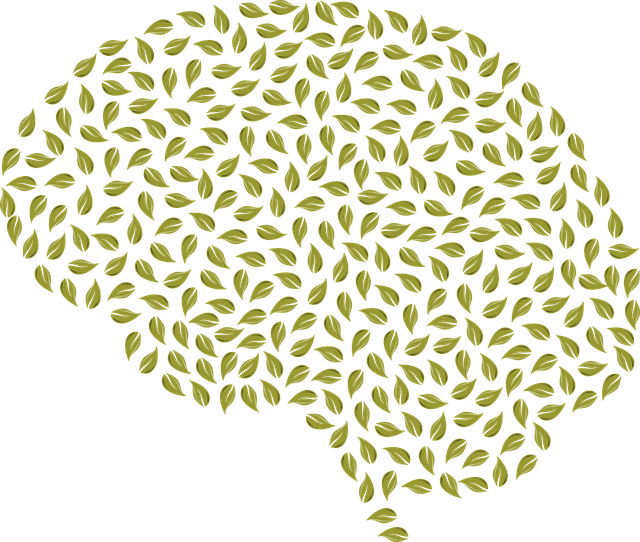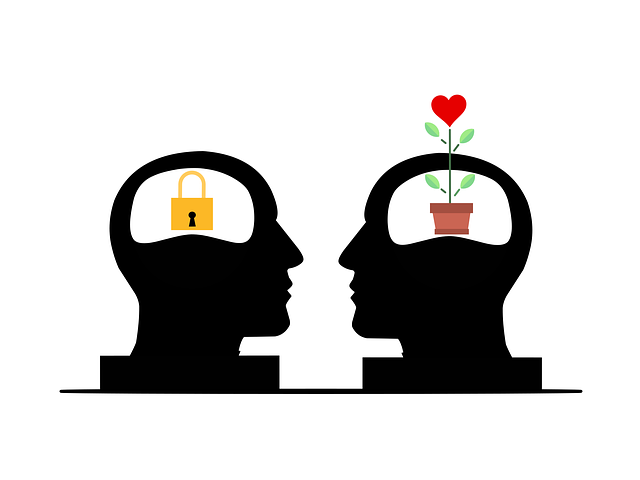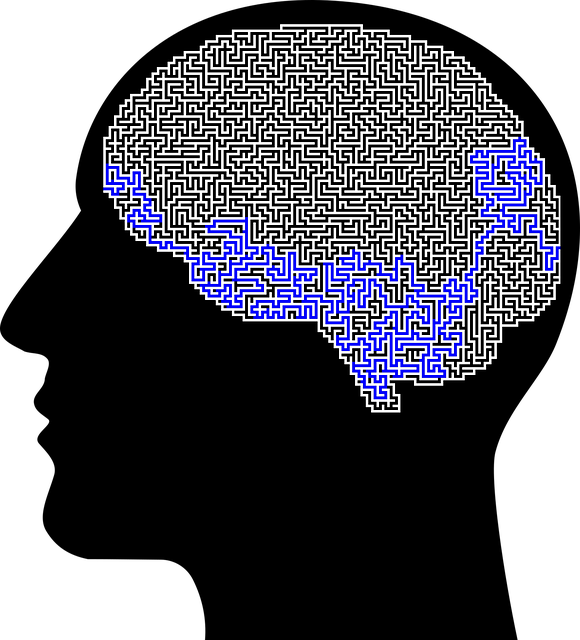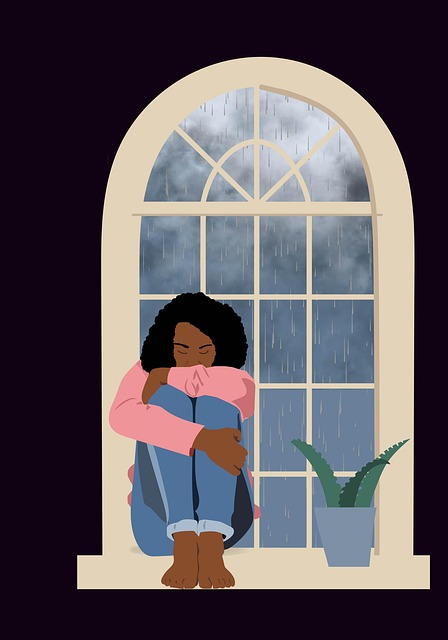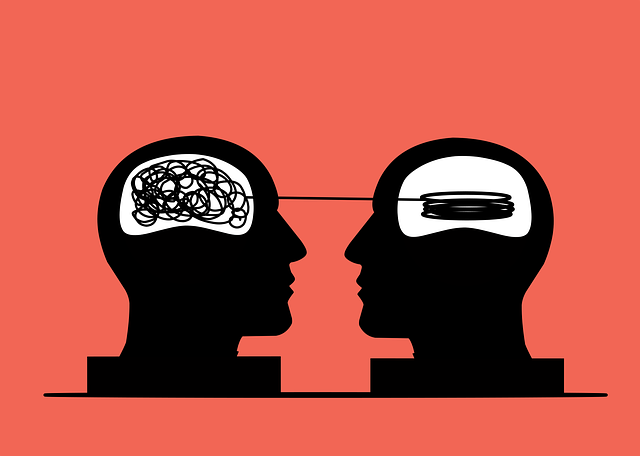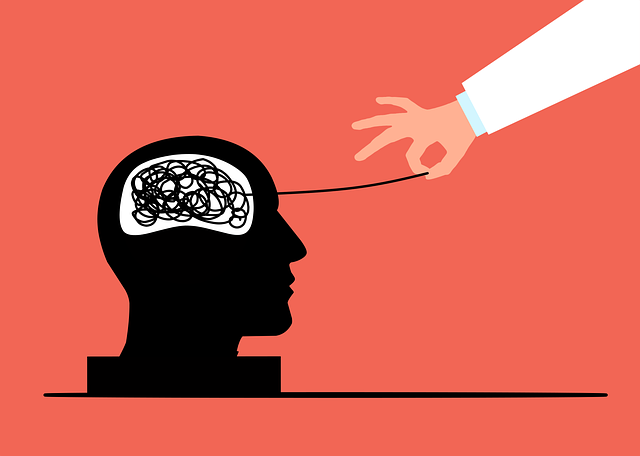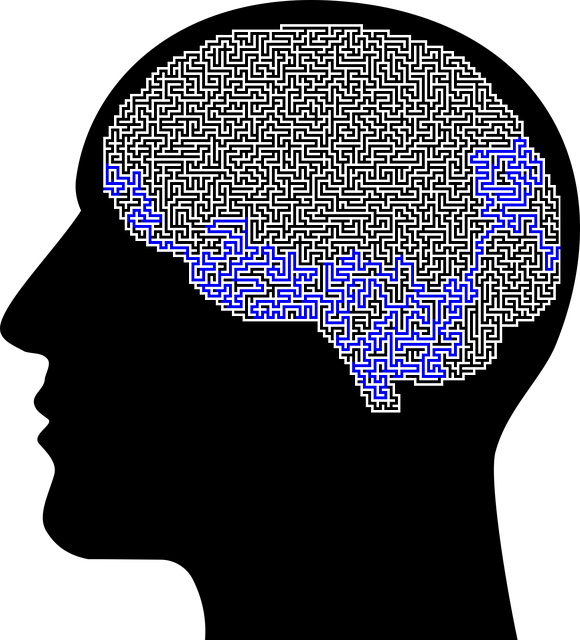Mental health crisis hotlines serve as invaluable resources for immediate support, focusing on children and men who face barriers in traditional therapy. These hotlines provide confidential spaces for expressing concerns, guiding callers to appropriate resources, and connecting them with emergency services. For children, they address school stress, family issues, and self-esteem problems; for men, they tackle work pressures, relationship difficulties, and past traumas. Early intervention through therapy is crucial for preventing mental health issues in children from escalating. Cultural competency training ensures sensitive treatment tailored to diverse backgrounds. Specialized services like Mental Wellness Journaling Exercises and Trauma Support further support mental health journeys. Addressing men's mental health requires breaking stigma through open dialogue, education on therapeutic options, and specialized crisis hotline resources, normalizing help-seeking behavior. Hotlines offer immediate relief, cater to diverse needs, raise mental health awareness, and encourage early intervention.
In today’s fast-paced world, mental health crisis hotline support services act as a lifeline for individuals grappling with emotional turmoil. This article delves into the critical role these hotlines play in addressing mental health concerns, focusing on distinct aspects such as therapy for children and men’s issues. We explore early intervention strategies, breaking gender stigmas, and what to expect from effective crisis support services, emphasizing the importance of accessible care for all.
- Understanding Mental Health Crisis Hotlines: A Lifeline for Children and Men
- The Importance of Therapy for Children: Early Intervention and Support
- Addressing Men's Mental Health Issues: Breaking the Stigma and Seeking Help
- Effective Support Services: What to Expect from a Crisis Hotline
Understanding Mental Health Crisis Hotlines: A Lifeline for Children and Men

Mental health crisis hotlines are a vital resource for individuals facing acute emotional distress, especially children and men who may struggle to access traditional therapy services. These helplines offer immediate support, providing a safe space for people to express their concerns and receive guidance. Many hotlines are staffed by trained professionals or volunteers who can connect callers with appropriate resources, including emergency services if needed.
For children, hotlines can be a confidential way to talk about school stress, family issues, or even self-esteem improvement. Men, too, often face unique challenges that may not be immediately apparent, and these services offer a non-judgmental space to discuss work pressures, relationship difficulties, or past traumas, which could lead to the development of mental wellness coaching programs. Trauma support services are particularly important for men who might feel less inclined to seek out therapy but still require assistance in processing and healing from past events.
The Importance of Therapy for Children: Early Intervention and Support

Early intervention is key when it comes to addressing mental health issues in children. Therapy plays a pivotal role in identifying and managing these challenges at a young age, preventing them from escalating into more severe problems as they grow older. By providing a safe and supportive environment, therapists can help children process emotions, develop coping strategies, and build resilience. This proactive approach ensures that children receive the necessary tools to navigate their mental health journeys effectively.
Incorporating therapy for children also involves cultural competency training for healthcare providers, ensuring sensitive and effective treatment. This training equips professionals with the skills to understand and respect diverse cultural backgrounds, beliefs, and practices related to mental wellness. Additionally, encouraging self-expression through Mental Wellness Journaling Exercises can be a valuable guidance, allowing children to articulate their feelings and track their progress in a private space. Trauma Support Services are another critical aspect, offering specialized care for young individuals who have experienced adverse events, helping them heal and move forward with their lives.
Addressing Men's Mental Health Issues: Breaking the Stigma and Seeking Help

Addressing men’s mental health issues requires a concerted effort to break down the stigma and encourage open conversations. Historically, men have often been socialized to suppress emotions and present a stoic front, which can hinder their ability to seek help when struggling with mental health challenges. This cultural norm perpetuates the idea that expressing vulnerability is a sign of weakness, deterring many men from accessing therapy or support services. However, recognizing and acknowledging emotional intelligence as a vital aspect of overall healthcare is essential. Emotional intelligence involves understanding and managing one’s emotions and empathizing with others, which can be powerful tools in promoting emotional well-being.
Encouraging men to prioritize their mental health involves educating them about the various forms therapy can take and connecting them with healthcare providers who specialize in men’s issues. Many mental health crisis hotline support services now offer specialized resources tailored to men’s unique experiences and challenges, ensuring cultural competency training for staff to provide sensitive and effective assistance. By fostering an environment where seeking help is normalized, we can empower men to take proactive steps towards managing their emotional well-being and breaking free from the cycle of stigma.
Effective Support Services: What to Expect from a Crisis Hotline

When you or someone you know is facing a mental health crisis, effective support services from a hotline can be invaluable. These hotlines are designed to provide immediate assistance and guidance during stressful situations. Expect trained professionals who are skilled in active listening and crisis intervention techniques. They offer a safe space for individuals to express their feelings and concerns without judgment, ensuring confidentiality. The interactions are tailored to address specific needs, whether it’s therapy for children or men’s issues. Hotline support often includes assessment of the crisis situation, offering coping strategies, and connecting individuals with appropriate local resources.
Beyond immediate relief, these hotlines play a crucial role in raising public awareness campaigns about mental health. They contribute to the development of trauma support services and resilience-building initiatives within communities. By providing this accessible entry point, hotlines encourage people to seek help early on, potentially preventing more severe crises down the line.
Mental health crisis hotline support services play a pivotal role in addressing urgent needs, offering a safe space for individuals, especially children and men, to seek assistance. By providing immediate help and guiding them towards suitable therapy options, these hotlines facilitate early intervention, which is crucial for managing and preventing more severe mental health issues. Both children and men can benefit from breaking the stigma associated with seeking help, ensuring they receive the necessary support for their unique challenges, whether it’s therapy for children or addressing men’s specific mental health concerns.
